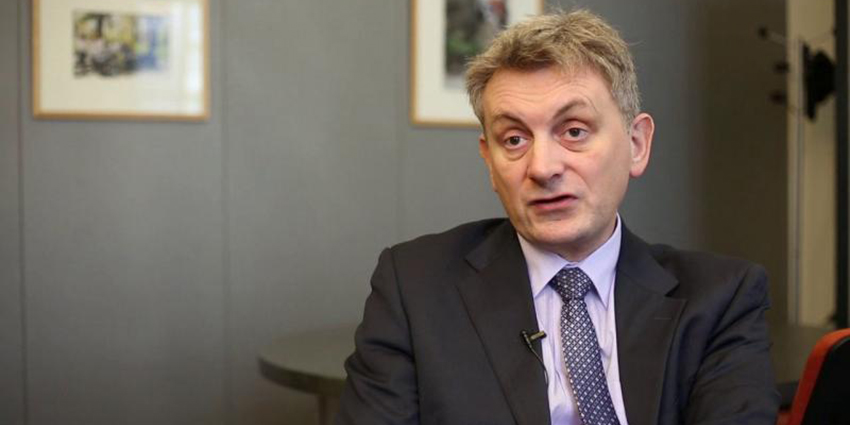Read this week: Peace, security and development in the Sahel

From demographic challenges to environmental ones, including the fight against poverty, Jean-Marc Chataigner sets out his vision for the development of the Sahel and calls for "the pursuit of increased international solidarity" through "a joint, partnership-based approach, co-constructed with governments, communities, local associations, and populations." A spotlight on his interview.
What are the challenges and prospects for an integrated approach to returning to lasting peace in the Sahel?
The region's major challenges require continued increased international solidarity because the Sahelian countries do not yet have the capacity to address them alone. A joint, partnership-based approach is needed, co-developed with governments, communities, local associations, and populations. An integrated approach is needed, encompassing the various components of the international community's action, as well as national, regional, and international efforts. Through the mission entrusted to me by the Minister for Europe and Foreign Affairs, Jean-Yves Le Drian, France is promoting the idea of a more coordinated approach to the various political and diplomatic actions, particularly for the implementation of the peace agreement in Mali, security efforts, through the establishment of the G5 Sahel joint force, and the relay that will ultimately have to be taken up in renewed approaches to development.
The Sahel Alliance, launched in 2017 by Chancellor Merkel and President Macron, aims to achieve concrete results in a limited number of sectors, on issues essential to the future of the Sahel, which have nevertheless been neglected in recent years by donors, such as agriculture and education. The Sahel Alliance favors an approach in terms of the effectiveness of ODA (Official Development Assistance) and transparency and accountability of the actions implemented, in close collaboration with partner governments and the civil societies concerned. It intends to strengthen the targeting of donor actions on the most fragile and vulnerable areas, peripheral and far from capitals, and to promote better coordination of development programs with humanitarian and security issues.
How can we rebuild a trusting and lasting partnership between France and the African continent?
Relations between France and Africa have always had a special dimension linked to a shared history made up of difficult times, but also of an exemplary community of arms to confront the enemies of freedom. But the world of 2018 is no longer that of 1945 or even that of 1958. International relations have profoundly evolved with the end of the Cold War, the attacks of 2001, the emergence of new powers, and the emergence of global threats that we must face and that can give rise to strong nationalist withdrawal. In this new international concert, France, and through it more broadly Europe, and Africa have common interests to assert.
In his speech in Ouagadougou last November, the President of the Republic clearly laid the foundations for this new relationship to be built, notably through the call for better listening to African youth, a real change in method in the management of public development aid, "no longer building cathedrals to our glory" he even specified, the priority given to education, particularly that of young girls, the common fight against religious extremism and obscurantism, the launch of a reflection on the restitution of African heritage, the conditions of movement of African students and the reception of African talents, investment in the African infrastructure of tomorrow. All these subjects, I will not list them all because the list is impressive, are crucial for the establishment of a relationship of respect, partnership and balance, the only one capable of establishing lasting mutual trust over the long term between our two continents.
What are the challenges of growth, peace and security for Europe and Africa?
Africa is the location of essential economic and security issues for Europe in a geographical area undergoing rapid change and experiencing strong demographic growth.
The takeoff of many African countries is now underway and represents trade and investment opportunities for Europe in rapidly emerging markets. Conversely, the persistence of fragile and failed states poses a threat to both our collective security and the sustainability of African development. Strengthening regional peacekeeping capacities and deploying African military forces, along the lines of the G5 Sahel, capable of addressing the various threats to peace and security on the continent is therefore a fundamental priority.
Find his column here.



Leave a Reply
Want to join the discussion?Feel free to contribute!